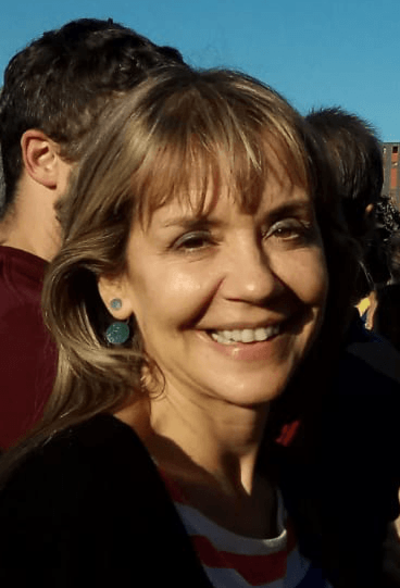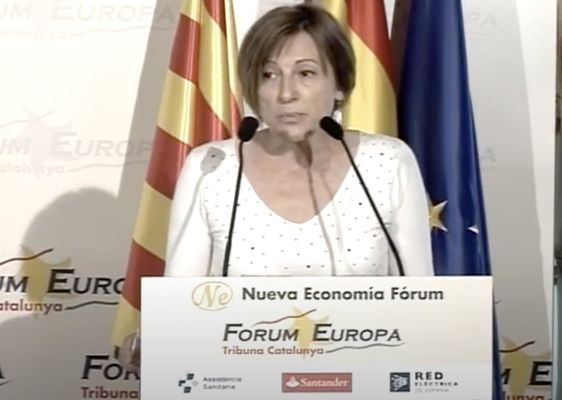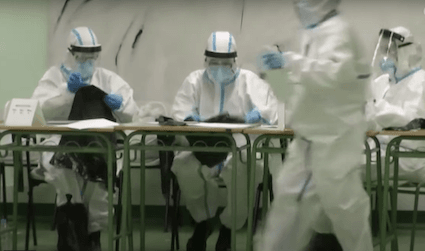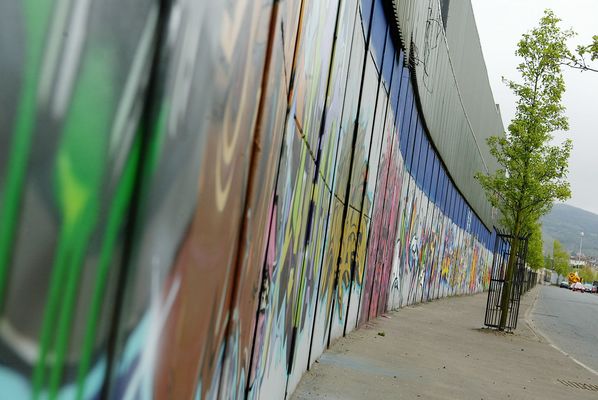
Irene Boada is a Catalan journalist based in Belfast who teaches Catalan and Spanish at Queen's University Belfast.

St John’s Eve, 23rd June, in Catalonia is an ancient night of celebration. Once celebrated widely across rural Europe but now largely faded, the eve of the feast day still burns brightly in Catalonia. Literally so. Bonfires blaze, Catalans burn old things, eat Coca de Sant Joan, a traditional nutty cake, and of course drink cava, the national sparkling wine.

Carme Forcadell, former Speaker of the Catalan Parliament, is serving an 11 year and six months sentence in Barcelona's Wed-Ras prison. Her 'crime'? Allowing a debate on Catalan independence in July 2017. There are almost 8 million people in the Catalonia autonomous region across a landmass of 32,000 sq km.

Nine parties contested the Catalan regional elections this weekend, suggesting a fair degree of political fragmentation. Three were winners. The Catalan Socialist Party (PSC) had the largest share of votes, taking 23 per cent. It favours the continued union of Spain, as against pro-independence Catalans who favour secession.

Walls come down. The classic example is the Berlin Wall separating east and west Berlin. It came tumbling down in 1989. Hardly a trace remains.

The people of Catalonia go to the polls on the 14 February to elect members to the Catalan devolved parliament. The background to this regional general election is that in 2017 the Catalan parliament voted for independence from Spain, albeit by the smallest of margins.